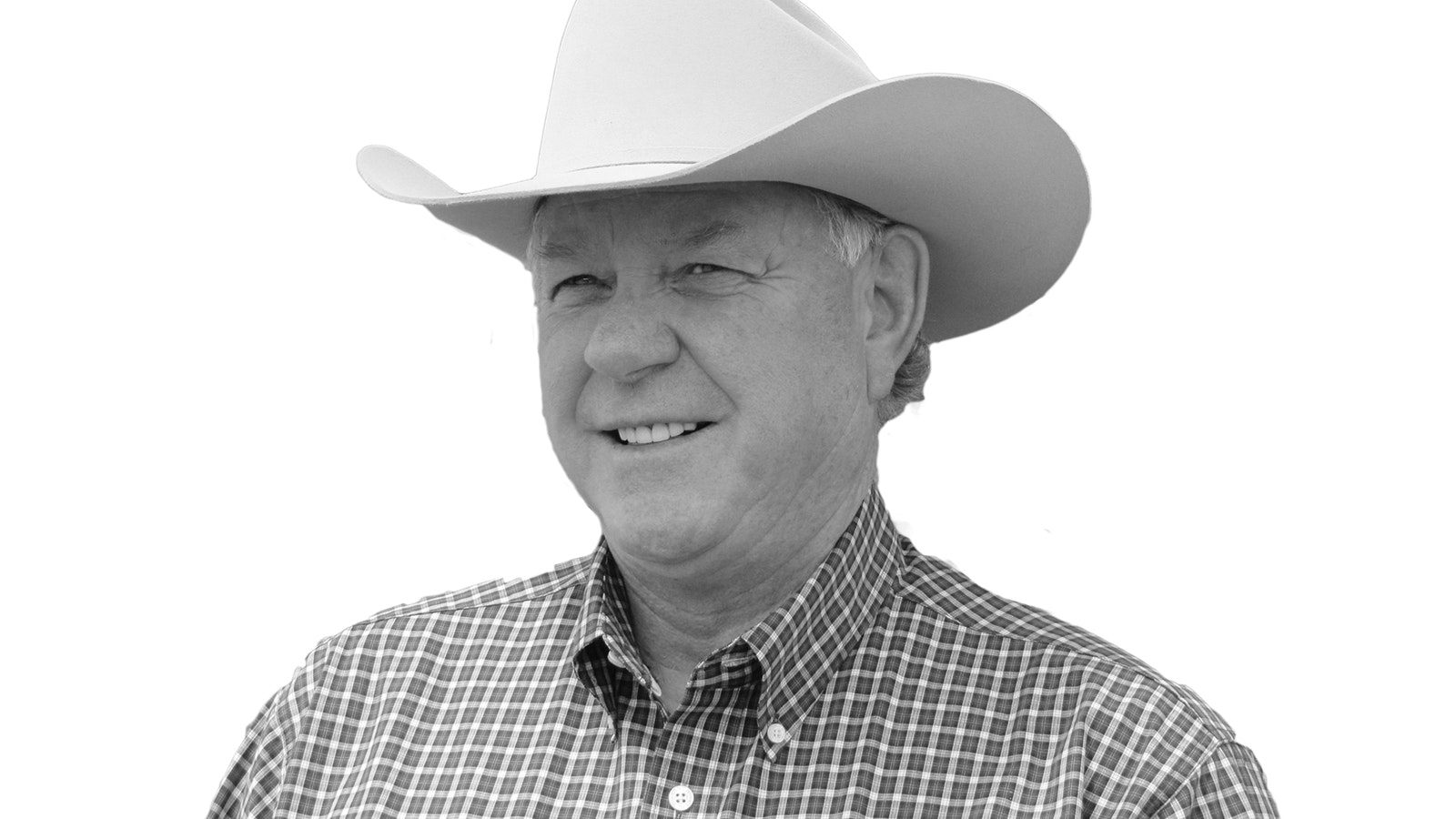Last week in this column, I wrote about the new “Made in the USA” rule by the U.S. Department of Agriculture (USDA). It is widely approved by cattle producers across the nation who are proud of the quality of beef products they provide American consumers.
Even though the former rule stated processors could label the package “Product of the USA,” it was far from the truth as beef processors could add meat or fat from other countries without disclosing where in the world it came from.
It was totally unfair marketing for U.S. beef producers to put up with.
New Rule
The newly finalized rule with the proper stringent requirements for meat products may not go over well with beef processors, but many in the beef business are saying “That’s too bad,” or something along those lines.
The new rule states only meat, poultry and egg products which have been “born, raised, slaughtered and processed in the U.S.” can be labeled as “Made in the USA” or “Product of USA” on their packaging.
It also requires all other ingredients in meat products with USA labels besides spices and flavorings be of domestic origin, and all food preparation must have occurred in the U.S. as well.
The new rule is voluntary – companies and processors don’t have to place a USA label on their meat products if they wish not to – and would go into effect Jan. 1, 2026. We would all see what meat products consumers end up buying.
Consumers have said they would prefer to have a package of meat with the USA label on it, but there will most likely be an added cost for the product.
Looking At The Research
A 2023 study found consumers were willing to pay an average of $184 per household annually to buy meat products with voluntary country of origin labeling (COOL).
Studies show nearly one-half of all U.S. beef is consumed by just 12% of Americans. The USA label premiums could result in hundreds of millions of dollars in sales revenue.
It would place value on the USA label and would guarantee consumers are buying what they want.
The USA label surfaced around 2015, but it was mandatory instead of voluntary. Canadian and Mexican beef producers were up in arms as they thought it was unfair to them.
I happened to be in Calgary, Canada that summer for an international beef conference where the Canadian Counsel in Denver allowed one producer from a Western state to attend on their dime.
It was held during the Calgary Stampede, and we attended an evening reception where we were introduced to the Canadian Minister of Agriculture. He was polite to us, but in no uncertain terms, he told us Canada and Mexico were going to fight COOL.
Canada and Mexico challenged COOL as a nontariff trade barrier to the World Trade Organization (WTO), and the WTO authorized Canada and Mexico to retaliate and levy more than $1 billion in tariffs on goods from their countries.
Canada and Mexico still retain this authorization and could initiate retaliation with no further action by the WTO.
So far, Mexico has expressed disappointment, but Canada hasn’t said anything. Maybe the voluntary label will work for all. We hope so, but time will tell.





